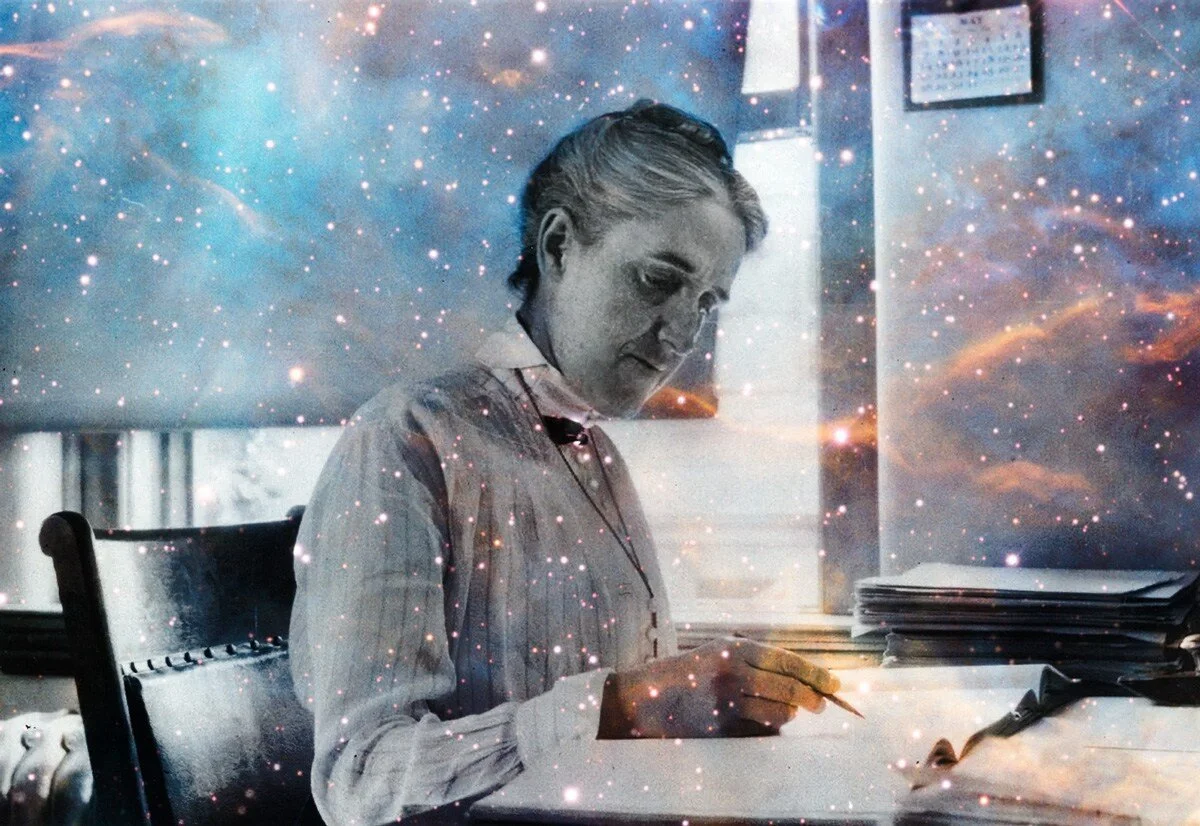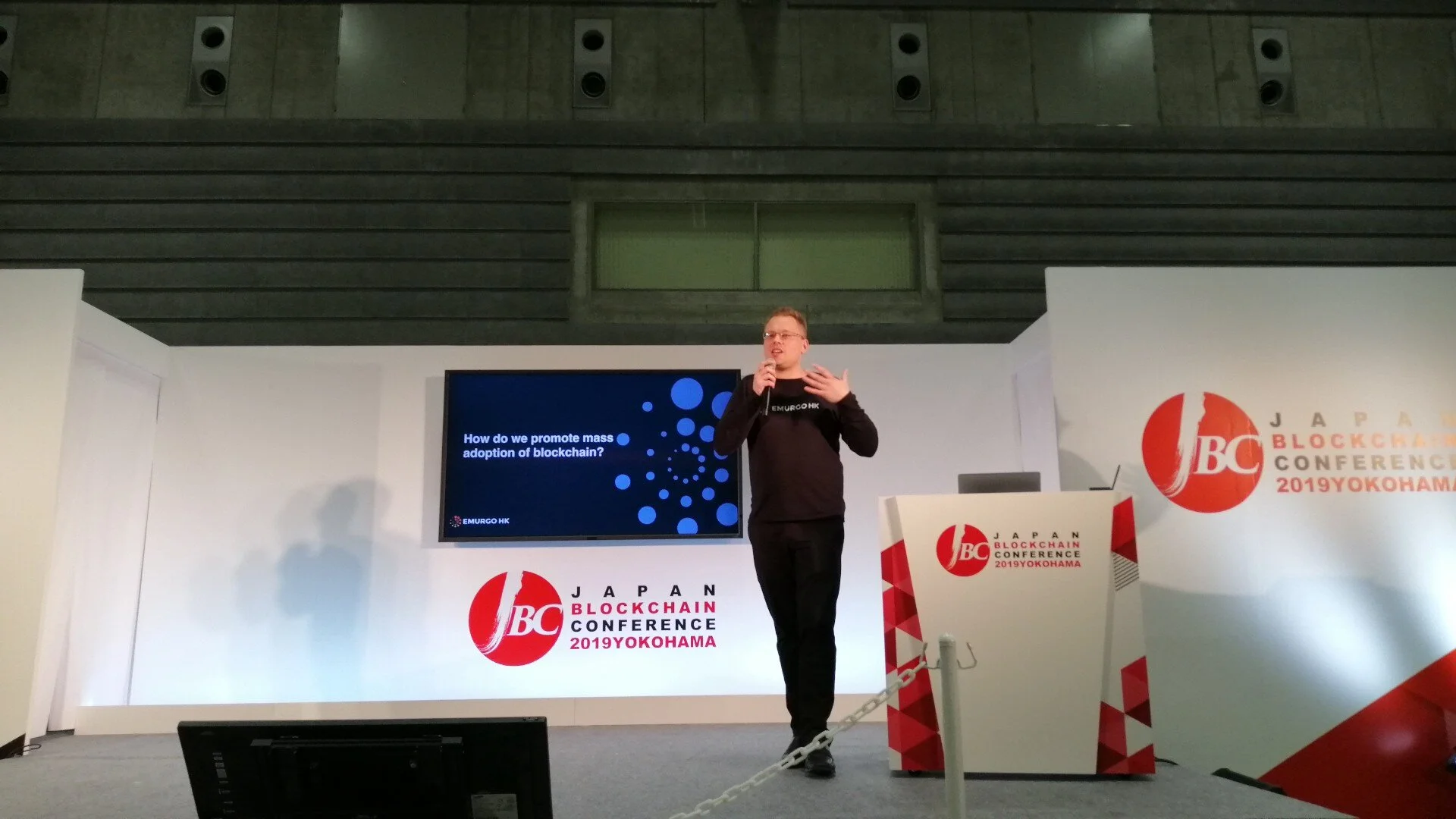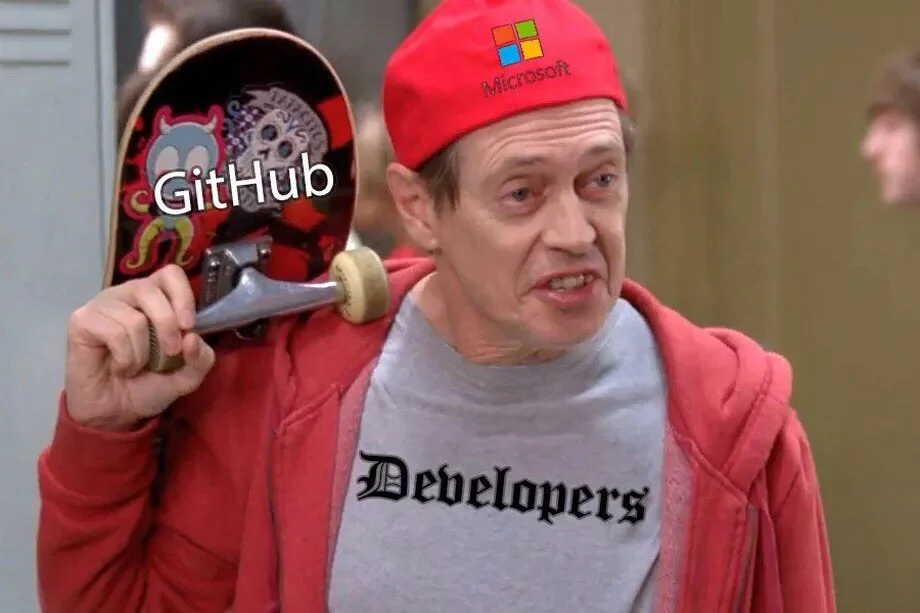Why bring Silent Sky to Hong Kong?
I was lucky enough recently to be offered the chance to star in a theatrical production that is being brought to Hong Kong for the first time. The play, by one of the USA’s top playwrights Lauren Gunderson, is entitled Silent Sky, and it’s the story of astronomer Henrietta Leavitt. Leavitt is not a household name on the level of Einstein or Newton (both referenced in the play), so who is she and why was I so excited to have the chance to participate in the Hong Kong telling of this story?
Henrietta Swan Leavitt, to use her full (and magnificent name), was an American astronomer active at Harvard University in the late nineteenth and early twentieth centuries. She is best known for discovering the relationship between the luminosity and the pulsation period of what are known as Cepheid variable stars. To put it in other terms, she discovered that there was a connection between the brightness of the Cepheid stars, and the gaps between their pulses of light. While this might not seem like something that would have much consequence to the man or woman on the street, it was her underlying mathematical equations that allowed later astronomers to figure out just how far away the Cepheid stars were from Earth. And if you’re still not impressed, consider this: her findings allowed us to measure the universe.
The center of the Milky Way galaxy, as seen from Earth.
That’s right. If you pointed at a star in the sky and asked me how far away it was, you wouldn’t expect to get an accurate answer (and with good reason — neither my astronomical nor mathematical skills are anything to write home about!). You would, however, expect to get an answer from an astronomer. Yet remarkably, prior to Leavitt’s discovery, even a professional astronomer would have had a difficult time answering that question. The mathematical equations that she built were named Leavitt’s Law, and they were her legacy.
Leavitt’s Law led to a much bigger discovery— that there were galaxies outside of our own. It might seem like common knowledge now, but at the time that Leavitt was working, scientists could not agree on whether all the stars they could see in the sky belonged to our Milky Way galaxy, or whether other galaxies existed beyond our own, and that some of the stars they saw belonged to them. In theory, since astronomers at the time had a rough estimate of how big our own galaxy was, the question could be solved by measuring the distance to other stars in the sky, and checking if they fell within the radius of the Milky Way. It was Leavitt’s findings that allowed this to finally be calculated for the first time, and the question of multiple galaxies to be settled once and for all.
Each one of these is a galaxy, as photographed by the Hubble Space Telescope. Edwin Hubble, whom the telescope was named after, used Leavitt’s work to determine that the universe was expanding.
Personally, I don’t feel that you need to be ‘into’ astronomy to appreciate the impact of such a finding. We see in Plato’s Allegory of the Cave, that if a person spent their entire life in a cave, they would come to see this as their whole world. Extending this, we can assume that someone in that situation would find it hard to conceive of anything outside of their cave, let alone that there might be ‘other’ caves. This restricted field of vision quickly becomes a restricted field of knowledge.
We have a similar problem here on Earth. Our perspective of the universe is imperfect and impractical. It is hard to observe our planet being in a galaxy, when we ourselves are in that galaxy and unable to see it from the outside. As soon as early astronomers began to penetrate that illusion and conceive of the concept of a ‘galaxy’, the idea of others beyond still that must have seemed absurd.
The answer to all of these questions, as with much in science, lay in mathematics. The calculations made by Henrietta Leavitt allowed scientists to prove for the first time that our galaxy was, as we now know, one of many billions. This is made all the more remarkable by the expansion of the universe.
Simply put, galaxies beyond the Milky Way are currently moving away from ours at a very fast speed, but that speed itself is speeding up. Around 2 trillion years from now (admittedly slightly beyond our life spans), they will be moving away from us faster than the speed of light. That means that we won’t be able to see them, because the light emitted from them will not be able to reach our eyes. Should humans (or some great-great-decendents of ours) still be around, and unless they have stored the records from our times, they will not be aware that there is anything beyond our local cluster of galaxies because they will not be able to see them, not even with ultra powerful telescopes.
“A fantastic video from Nature showing the true scale of our universe, as we now understand it.”
In short, we live in a unique time in history — a time where we can be aware of galaxies beyond our own, to measure the distance to them, and to observe them with our telescopes. And it is thanks to the work of people like Henrietta Leavitt that we know all of this.
What if I’m not into all this science stuff?
OK, I hear you. Enough science. Why should you go and watch a play about astronomy and math? Good question.
The answer, you see, is that Silent Sky is about so much more than that. While it is, on the face of it, a tale about a remarkable scientific mind making one of the discoveries of her time, it is filled with many other themes and ideas.
It is very much about overcoming diversity. For starters, Henrietta Leavitt spent much of her work life slowly going deaf. By the time she arrived at Harvard University, she was already using a hearing aid, and the hearing aids of the time were considerably much more difficult and awkward to use than the ones of today, making even simple work and ordinary tasks extremely difficult.
Hearing aid (trumpet) from 1889.
Not only this, but Leavitt was a woman in a man’s world. Astronomy, and indeed any science at the time, was a man’s pursuit. Leavitt’s work, together with that of her colleagues Annie Jump Cannon and Williamina Fleming (also featured in the play) was to catalog and collect information about the stars — work considered as ‘suitable for women’ at the time. That she was able to use this relatively mundane and unassuming task to make her discoveries is made all the more remarkable considering that she never touched a telescope during the years that she was working on her equations. Using a telescope was considered ‘man’s work’, and despite Harvard having the world’s best telescope at the time, Leavitt never went anywhere near it.
The Great Refractor Telescope at Harvard University, one of the finest in the world at the time of Henrietta Leavitt’s work.
Silent Sky is also about choices. There is an underlying romantic plot (that’s where I come in ❤️), but while Leavitt has to make a decision between love and her work, the bigger and more difficult choice she has to navigate is between her work and her family. In our modern society of time-crunching schedules (Hong Kong, anyone?), a society where we work on our way to work and on our way back from work (Hong Kong again), being provoked into thinking about these issues might be good for our inner selves.
Finally the play is also about questioning limitations. A female astronomer like Leavitt (let alone a hearing-impaired one) faced a wide array of limitations on her life and her work. Yet, rather than being stopped by such limits, she chose to find ways around them, and more than once questioned the very need for said limitations in the first place.
Dr Edward Pickering and the women he employed for cataloguing the stars, amongst them Henrietta Swan Leavitt.
Even the very nature of her discovery is about limitations. She didn’t see any reason why everything she saw in the sky should necessarily be contained within our Milky Way. She didn’t see any reason why all that she saw was all that there was to see. And while faced with some of the choices mentioned above, she didn’t see why she couldn’t pursue great work and maintain relations with her family and friends all at the same time, and clearly got frustrated at others telling her that she had to choose between one or the other.
In this world, on this earth, a modern, scientific, and technically-connected place, which has opened up both great opportunities and great distractions, perhaps these issues have never been more pertinent. This is a world that has removed many barriers to us, barriers that previous generations like Leavitt’s had to struggle against. But it has also placed on us a very different set of limitations, a set of choices that we must make, some of them extremely difficult. We can indeed learn from history, and from the great figures of the past, by looking and seeing elements of our own personal stories within theirs.
And perhaps with the help of these stories, we too can reach for the stars.
Silent Sky plays from Wednesday, 10th October to Sunday, 14th October at the McAuley Studio, Hong Kong Arts Centre in Wan Chai.
Directed by Christy Shapiro
Starring:
Davina Lee Carrete as Henrietta Leavitt
Mimi Burns as Margaret Leavitt
Nicole Garbellini as Annie Cannon
Lisa Middleton as Williamina Fleming
Ryan King (me!) as Peter Shaw
Music by Taehwa Kim.
This post was imported from my Medium, which I used for blogging between 2015 and 2019.







